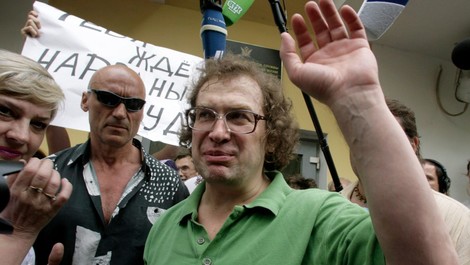Your podcast discovery platform
Curious minds select the most fascinating podcasts from around the world. Discover hand-piqd audio recommendations on your favorite topics.

piqer for: Global finds
Ciku Kimeria is a Kenyan author "Of goats and poisoned oranges" - (https://www.amazon.com/goats-poisoned-oranges-Ciku-Kimeria-ebook/dp/B00HBBWPI6), development consultant, adventurer and travel blogger (www.thekenyanexplorer.com). She writes both fiction and non-fiction focusing on African stories that need telling. She has worked on diverse pieces for various international and local publications including Quartz, Ozy, The East African etc. She has travelled to 45 countries – 16 of them in Africa. 153 countries to go and 63 territories!
"Of goats and poisoned oranges" has been extremely well received in Kenya and beyond. It tells the story of a Kenyan middle aged power couple and their complicated marriage. The novel explores issues of greed, revenge, betrayal and murder. It runs from the 1960s to 2013. It has been described as “Wicked, funny, poignant, wacky, human, a big ball of fun and danger”, “A unique and captivating book”, “Fun and intriguing”, “Impossible to put down once you start reading.”
She recently moved to Dakar, Senegal from Kenya to work on her second novel. She also works at as the Africa Communication Manager at a leading global strategy consulting firm.
She holds a B.S. in Management Science from MIT with minors in Urban Planning and International development studies.
The Russian Conman Whose Death Means A Lot To Nigerians
The name Sergei Mavrodi may not mean much to most people, but to most Nigerians, Sergei and MMM are as recognizable as the name Bernie Madoff would be to Americans. This is because Mavrodi was the founder of the infamous Mavrodi Mundial Moneybox (MMM) Ponzi scheme that took Nigeria by storm in 2015. The effects of the losses are still being felt by many.
It all dates back to November 2015 when MMM launched a website in Nigeria describing itself as a “mutual aid fund where ordinary people help each other”. It guaranteed returns of a whopping 30% per month on payments, and for a while it worked, so word spread quickly. Between February and July 2016, the number of people signed up to the Ponzi scheme grew from a few hundred thousand to over two million.
MMM's arrival in Nigeria was quite timely. At the time the country was in the middle of the worst recession in 25 years and people were extremely desperate to find any way of making decent investment returns in an economy that had stagnated.
Of course, as all Ponzi schemes, this one too collapsed leaving hundreds of thousands of Nigerians in despair.
And then suddenly, in December 2016, MMM suspended its operations in Nigeria. Much to the consternation of many people who’d been hoping to withdraw funds to spend over the Christmas holidays, the company cited a “heavy workload on the system”, saying it was taking a short break and promised to return and be better.
Nigerians though, ever resilient, mostly counted their losses, turned even more to religion for comfort and some even invested in newer Ponzi schemes – likely believing that this time they would succeed.But it never truly returned.
Mavrodi's death was therefore met with a bit of self-righteous schadenfreude and dark humor – with some believing that this was a rightful end to the life of a man whose actions had negatively impacted them.
